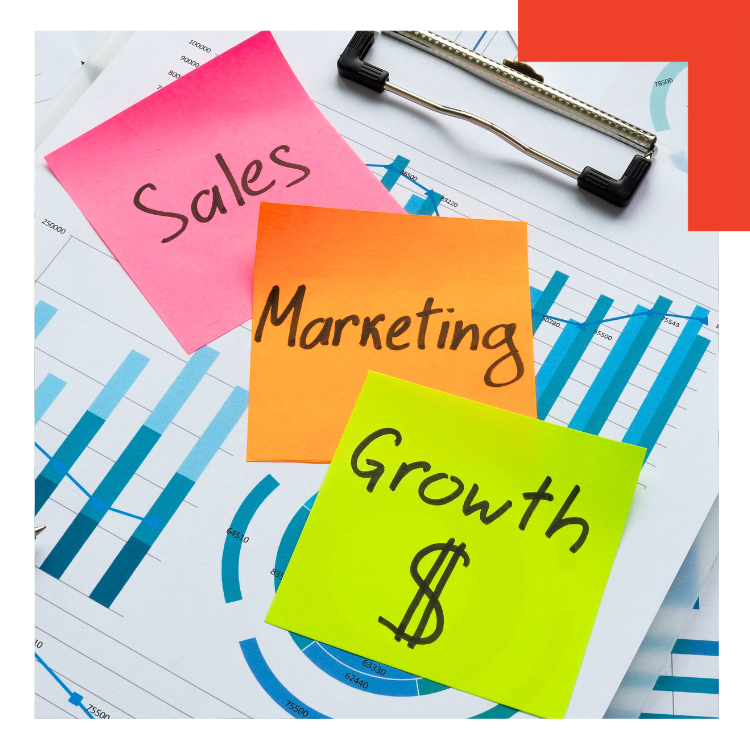What’s the Right Marketing Technology for Supply Chain Companies to Invest In?
Technology is prolific in any industry. Although, historically, the supply chain industry has been slow to adopt. But does that hold true for their marketing departments?

According to our recent 2024 Supply Chain Marketing Industry Outlook and Trends Report, only 9.2% of companies identify as late adopters of new products or technology, while 26.6% identify as early adopters, jumping onto tech trends as soon as they are introduced. However, the majority of supply chain marketers identify as fast followers (33.9%) or middle-of-the-pack adopters (30.3%), which likely means they want to see others prove the technology is useful before spending their typically tight budget on flash-in-the-pan software or platforms.
So, if you fall into that majority, fast follower, or middle-of-the-pack grouping, and are looking at options to implement, here’s where today’s marketers are investing in and why.
Technology Challenges to Overcome
Today’s supply chain marketers face significant technology challenges stemming from the complexity of their organizations and the limitations of their IT infrastructure. Our survey found that supply chain companies often struggle with fragmented and complex IT systems, hindering the integration of marketing technology and creating silos between departments. This lack of alignment and cohesion across teams can impede innovation and slow down the adoption of new tools and technologies.
Additionally, supply chain marketers are navigating budget constraints and the pressure to demonstrate ROI quickly, leading to cautious decision-making and potential regret over software investments. Despite these challenges, supply chain marketers are innovating by embracing forward-thinking technologies and prioritizing investments in marketing software to streamline workflows, enhance lead generation efforts, and improve overall efficiency. In fact, Gartner found that investing in marketing software is the second highest technology priority for companies, coming in behind IT security. However, companies must be cautious with their investments as Gartner also notes 61% of marcom professionals have experienced regret over at least one technology platform they’ve purchased in the last 12-18 months. Therefore, investing smartly and leveraging their chosen martech tools effectively is the key to driving success for supply chain marketers.
Why Invest in Marketing Technology?
Martech tools are specifically designed to help teams accomplish more in less time and with greater efficiency. Moreover, these tools empower marketers to enhance lead generation efforts by leveraging advanced analytics, automation, and personalization features, thereby improving the quality of leads and increasing conversion rates. Perhaps most importantly, martech investments yield a higher return on investment (ROI) by optimizing marketing campaigns, driving revenue growth, and maximizing the impact of marketing spend.
By harnessing the power of martech, supply chain marketers can unlock new opportunities for success, achieve greater operational effectiveness, and stay competitive in today’s dynamic business landscape.
Where Marketers are investing:
Now that we’ve examined the importance of technology adoption, let’s delve into the specific areas where marketers are investing to enhance their strategies and capabilities.
1. Marketing Automation Tools:
Marketing automation platforms, like HubSpot and Salesforce Marketing Cloud, are indispensable for implementing workflows, orchestrating automated campaigns, and nurturing leads effectively. These tools enable marketers to automate repetitive tasks, personalize communications at scale, and analyze campaign performance for continuous improvement.
While they can be a large investment, many supply chain companies experience significant ROI because of the sheer breadth of functionality and data these platforms provide. Companies can start with the basic platforms, with limited functionality, to test the waters before making a large investment. It is recommended to conduct your research, go through comprehensive demos, and speak to users of the platforms to ensure you choose wisely.
Tech options include:
2. Content Marketing/SEO Tools:
Content creation and search engine optimization (SEO) are crucial for visibility and engagement. Investing in tools that analyze keywords, monitor competitors’ rankings, and identify new keyword opportunities can empower marketers to craft compelling content strategies and improve organic search performance.
This investment not only helps your company craft the right type of content for your target audience, improving brand awareness and reach, but can also give you insight into what your competitors are doing, so you can react accordingly.
Tech options include:
3. Performance Marketing Platforms:
Performance marketing software plays a pivotal role in monitoring and optimizing the ROI of performance-driven campaigns. These platforms provide comprehensive insights into campaign metrics (including leads, clicks, conversions, and bounce rates), attribution modeling, and conversion tracking, enabling marketers to make data-driven decisions and maximize their advertising spend efficiently.
Tech options include:
4. AI & Hyper-Personalization:
Integrating artificial intelligence (AI) into marketing workflows revolutionizes data analysis, personalization, and campaign optimization. AI-powered chatbots, predictive analytics, and voice search optimization enhance customer interactions, drive engagement, and deliver more authentic experiences, ultimately improving customer satisfaction and loyalty.
Additionally, advanced AI and machine learning capabilities enable hyper-personalized marketing experiences tailored to individual preferences and behaviors. By analyzing customer data and engagement patterns, marketers can deliver recommendations, offers, and content across various touch points, increasing relevance and driving conversions.
Tech options include:
5. Augmented Reality (AR) and Virtual Reality (VR):
Immersive technologies like AR and VR offer innovative avenues for brand storytelling and consumer engagement. By leveraging AR/VR experiences, supply chain companies can showcase their products, demonstrate tool functionalities, and enhance customer understanding, fostering deeper connections and driving conversion.
Tech options include:
6. Big Data and Analytics:
Harnessing big data and analytics empowers marketers to derive actionable insights, anticipate market trends, and optimize campaign performance. By leveraging sophisticated analytics tools and predictive modeling techniques, marketers can enhance targeting precision, improve efficiency, and achieve higher ROI across marketing initiatives.
Tech options include:
While a number of the tools and platforms listed above include data and some analytics, investing in specific programs to analyze your data may be worth the additional spend if your data is especially complex and your marketing team does not include a data analyst. For most, the information provided in the right automation or performance marketing suite should be sufficient. However, collecting the data and using it to improve decision-making is key and will help improve your overall marketing performance.
Are You Ready to Invest in New Martech?
The landscape of supply chain marketing is rapidly evolving, and investing in the right technology is crucial for success in this dynamic environment. While the industry has historically been slower to adopt new technologies, today’s supply chain marketers are recognizing the importance of innovation and embracing forward-thinking solutions to overcome challenges and drive growth.
From streamlining workflows with marketing automation tools to enhancing lead generation efforts through advanced analytics and personalization, the benefits of investing in marketing technology are manifold. These tools not only improve efficiency and productivity but also enable marketers to achieve higher ROI by optimizing campaigns and maximizing the impact of marketing spend. By leveraging the power of martech, supply chain marketers can unlock new opportunities, stay competitive, and thrive in an increasingly digital world.
Discover more about martech adoption and other industry objectives, challenges, etc., in our 2024 Supply Chain Marketing Industry Outlook and Trends Report. You’ll find enlightening statistics about the industry’s top pain points, tactics, team, and budget size, and more.
Interested in the Full Report?
Click the button below to access more information about the survey.



